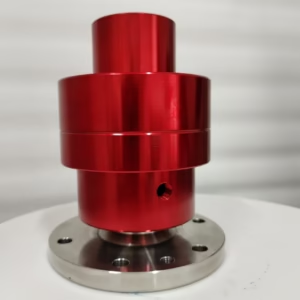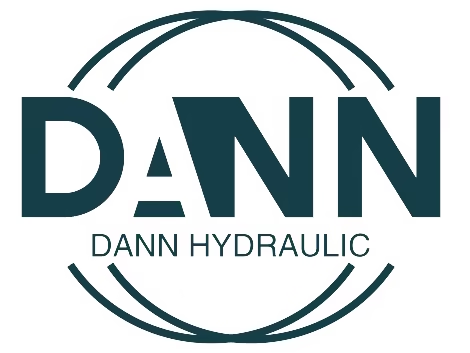“Cost-Effective Rotary Unions for Rubber and Plastic Machine” has been added to your cart.
View cart
Showing all 2 resultsSorted by price: high to low
-
Sale!


$175.00 Original price was: $175.00.$153.60Current price is: $153.60.
- Media: Water, oil, steam, hot oil, and other media used in molding processes
- Temperature: Ambient to +260°C (+500°F)
- Pressure Rating: Up to 345 bar (5,000 psi) or higher, depending on the model
- Rotational Speed: Up to 1,500 rpm
- Corrosion Resistance: Constructed from stainless steel and specialized alloys
-
Sale!

$30.00 Original price was: $30.00.$27.50Current price is: $27.50.
- Maximum pressure: 1.8MPA
- Maximum temperature :200 degrees Celsius
- Maximum speed :20RPM
- Applicable medium: steam



